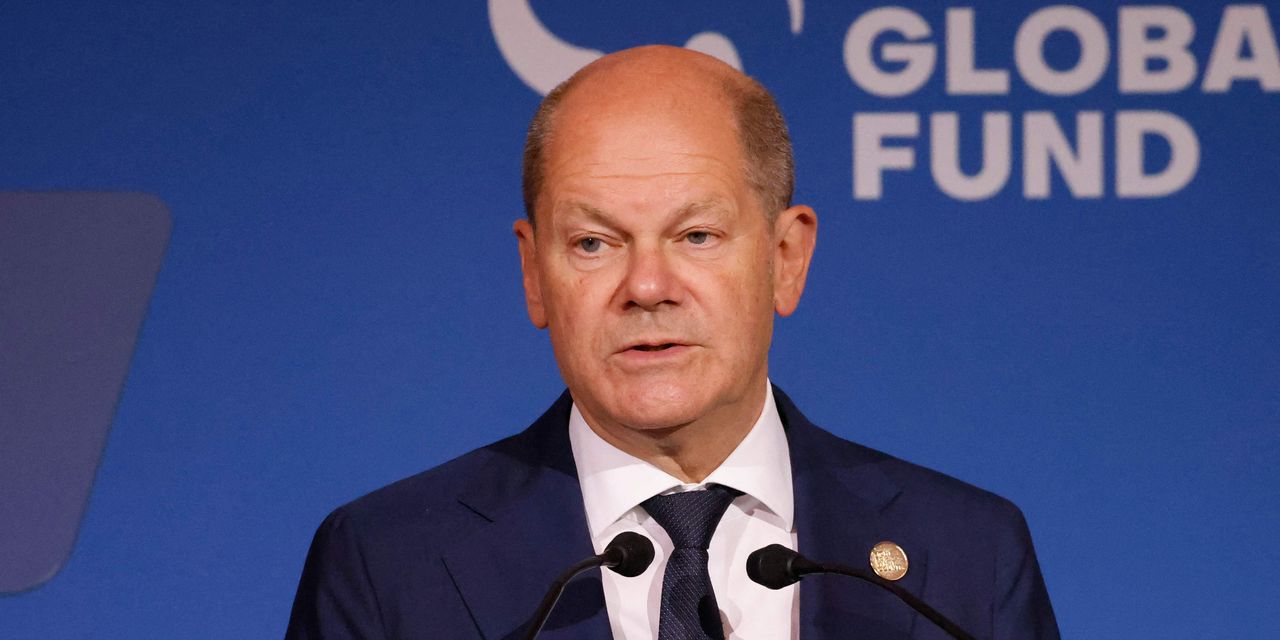Consumer confidence in Germany is set to fall in October to an all-time low as income expectations plunge due to high inflation.
Market research group GfK’s forward-looking consumer-sentiment index forecasts confidence declining to minus 42.5 in October from a revised figure of minus 36.8 in September. October’s figure is worse than a forecast from economists polled by The Wall Street Journal of minus 38.5.
The value is the lowest measured since the collection of data for the reunified Germany began in 1991.
“The current very high inflation rates of almost 8% are leading to large real income losses among consumers and thus to significantly reduced purchasing power,” GfK’s consumer expert Rolf Buerkl said. He said many households are currently forced to spend significantly more money on energy and they need to cut back on other expenses, such as new purchases.
Since it is currently impossible to predict when inflation will noticeably ease, consumer sentiment will face difficult times in the coming months, Mr. Buerkl said.
GfK uses data from subindexes from the current month to derive a sentiment figure for the coming month. Both economic expectations and the propensity to buy recorded moderate declines, while income expectations plummeted to a record low. Income expectations fell to minus 67.7 in September from minus 45.3 in August.
Propensity to buy continues its downward trend, falling to minus 19.5 in September from minus 15.7 in August. This is the eighth consecutive decline and the lowest reading since October 2008, amid the 2008-09 financial crisis.
Economic expectations are also continuing their downward trend in September, declining to minus 21.9 from minus 17.6 in August. Many consumers are increasingly concerned that the German economy could slip into recession, which is also partly due to weakening consumption, the report said.
For a sustainable recovery of German consumer sentiment, inflation must be combated, for which the European Central Bank is required to continue with its restrictive monetary policy, Mr. Buerkl said.
Write to Maria Martinez at [email protected]
